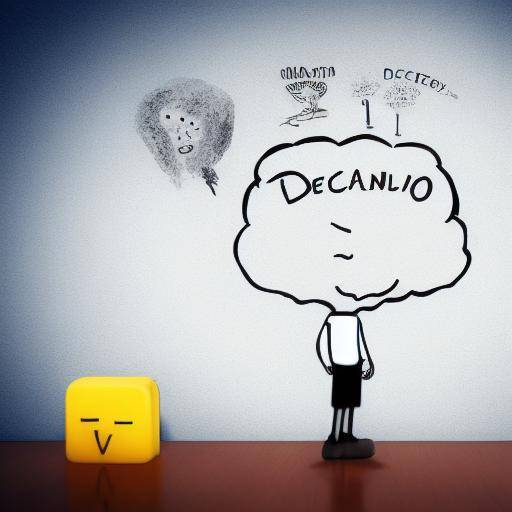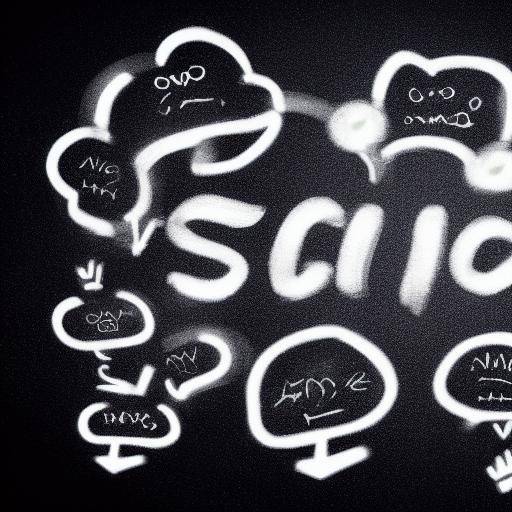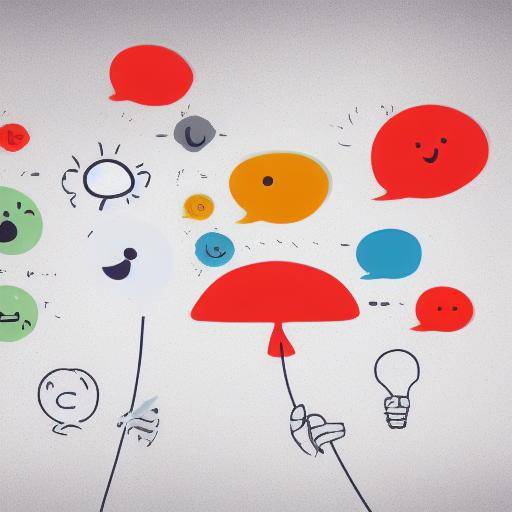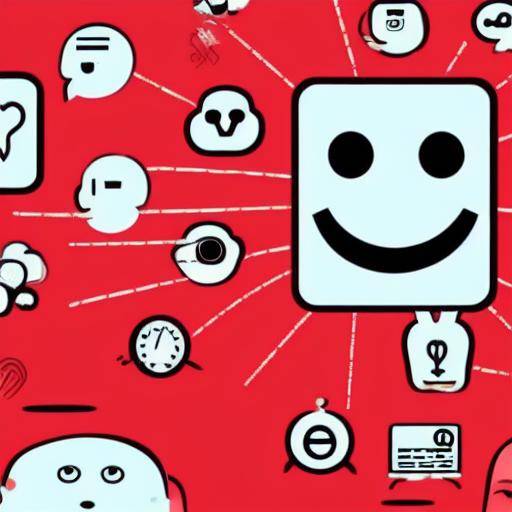
Introduction
Have you ever wondered what the key factor that distinguishes an exceptional leader is? Beyond technical skills, effective leadership requires a deep understanding of emotions, both their own and others. In this article we will explore the importance of emotional balance in leadership, analysing in detail how emotional intelligence influences the ability to drive successfully. From the history and emergence of these concepts to practical applications and future trends, we break down this crucial issue for personal and professional development.
History and background
The concept of emotional intelligence was introduced for the first time by psychologists Peter Salovey and John Mayer in the 1990s, defining it as the ability to recognize, understand and manage one's own emotions and those of others. This concept brought with it the idea that emotional skills are fundamental in life and work. At the same time, leadership has evolved from a productivity-only approach to a model that values emotional connection and positive influence on others.
In-depth analysis
The emotional balance in leadership implies the ability to maintain calm and mental clarity in high-pressure situations, as well as the ability to empathy with team members and to motivate them effectively. Understanding their own emotions and managing them translates into a more weighted decision-making and a clearer and more effective communication.
Comprehensive review
The practical applications of emotional balance in leadership are abundant. From conflict resolution to cohesive equipment construction, an emotionally intelligent leader can create a positive working environment that promotes productivity and innovation. Best practices include promoting diversity, generating a climate of trust and adapting to the individual needs of team members.
Comparative analysis
Emotional balance, leadership and emotional intelligence are intrinsically interconnected. Although emotional balance refers to the stability and management of individual emotions, emotional intelligence encompasses a number of skills that, applied to leadership, increase the ability to positively influence others.
Accessible practical advice and recommendations
To improve emotional balance in leadership, it is crucial to cultivate self-consciousness, self-management, empathy and social skills. Establishing self-reflection habits, playing active listening and fostering an atmosphere of openness and confidence are just some of the strategies that can improve the development of emotional leadership.
Industrial perceptions and expert reviews
According to John Maxwell, a renowned leadership expert, “Emotional intelligence is fundamental for effective leadership. Leaders who understand and channel their emotions positively have the ability to influence and motivate others significantly. ”
Case studies and practical applications
A Harvard Business Review study revealed that leaders with highly developed emotional skills are more successful in terms of performance and job satisfaction of their teams.
Future trends and predictions
As the working environment evolves towards a more human and collaborative approach, emotional balance is positioned as a fundamental pillar of effective leadership. Emotional intelligence is expected to be an increasingly valuable competition in future leaders.
Conclusion
In conclusion, the emotional balance in leadership is a crucial aspect for the leaders of the twenty-first century. The mastery of emotional skills will not only influence the performance of the team, but will also have a positive impact on organizational culture and business results. By understanding the importance of emotional intelligence in leadership and cultivating emotional balance, leaders can transcend their technical skills and become agents of positive change in their organizations.
Frequently asked questions
How can you develop emotional balance in leadership?
The development of emotional balance in leadership involves practices such as meditation, stress management, empathy practice and self-consciousness. Working with a coach or mentor can also be beneficial for the development of these skills.
What is the difference between emotional balance and emotional intelligence?
Emotional equilibrium refers to the ability to manage one's own emotions effectively, while emotional intelligence encompasses a broader set of skills, including self-consciousness, self-management, empathy and social skills.
How does emotional balance influence decision-making within leadership?
Emotional balance allows leaders to make more reflective and rationally based decisions, rather than being influenced by uncontrolled emotions. This leads to more successful decisions and more effective leadership.
What benefits does the development of emotional balance in leadership offer?
Leaders with emotional balance can create more positive working environments, promote the well-being of their teams, increase productivity and job satisfaction, and make more successful and effective decisions.
Is there a relationship between emotional balance and resilience in leadership?
Yes, emotional balance contributes to greater resilience in leadership, as it allows leaders to stay strong and adapt effectively to situations of high pressure and adversity, both personal and organizational.
How can business culture affect emotional balance?
Emotional balance promotes a more positive business culture, in which effective communication, constructive conflict resolution and empathy are fundamental pillars. This in turn contributes to greater commitment and well-being of employees.
In short, the emotional balance in leadership is not only fundamental to individual success, but also significantly influences the dynamics and performance of the work teams, as well as the organizational culture in its entirety. By understanding their importance and actively developing these skills, leaders can be established as models to follow, motivate their teams and achieve exceptional results.
With this knowledge, leaders are invited to continue to deepen their emotional balance and emotional intelligence, recognizing the positive impact this will have on their own leadership and the overall well-being of their teams and organizations.








































